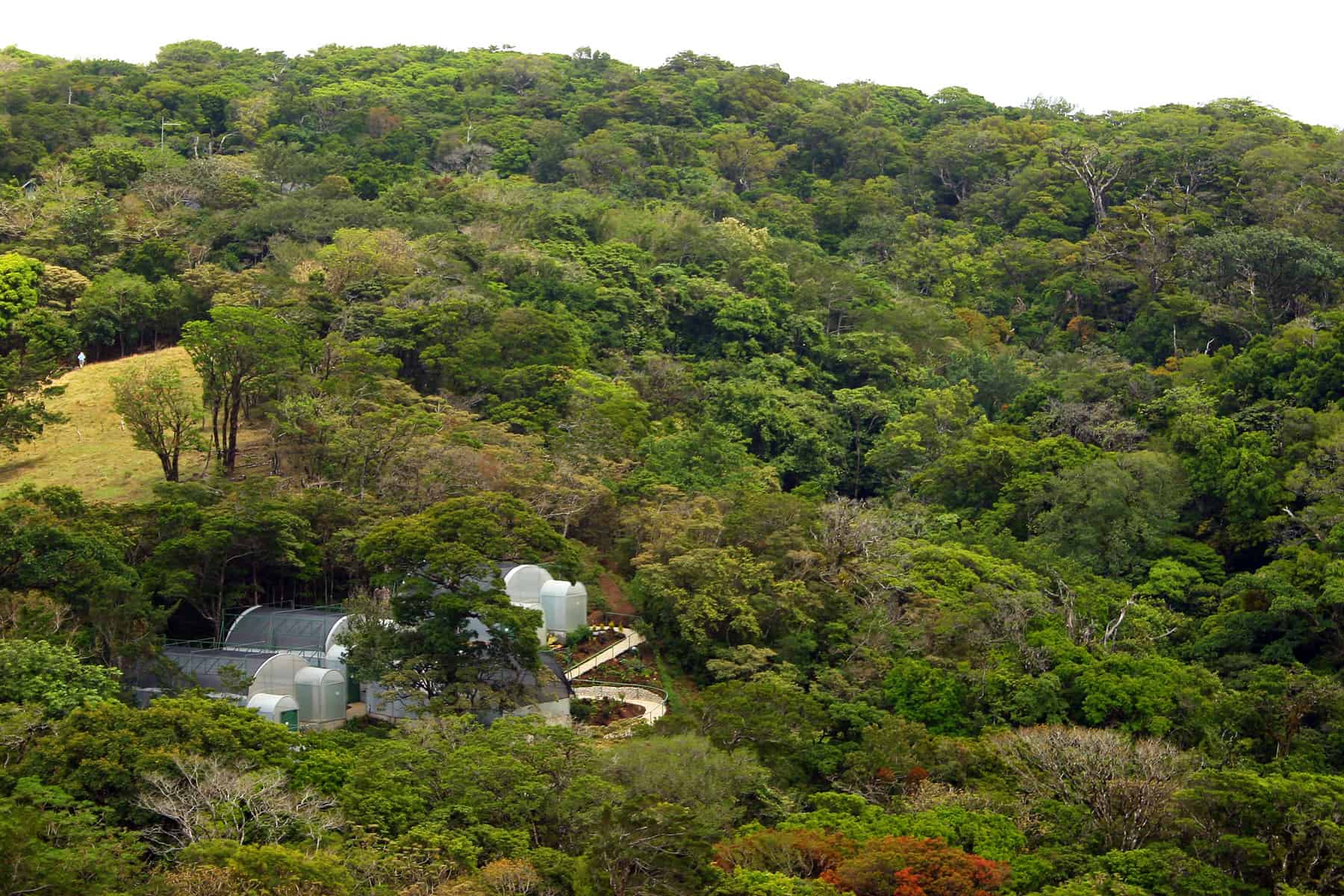Costa Rica has learned that, as a famous Muppet once said, “It isn’t easy being green.” For years, the country enjoyed the title of being a green, eco-friendly, all-natural country. Those terms, however, were quickly taken for granted and have since become almost cliché. Now, savvy local and international consumers demand that green words be backed by action. Businesses that see a benefit in being ecologically responsible face the challenge of how to prove their eco-friendly status to customers.
To that end, companies are turning to the Costa Rican government, local organizations and international firms to prove they’re worth their ecological salt, earning the honors of “ISO certified,” “carbon neutral” or “sustainable.” The question remains whether businesses go green based on their mission statements or their marketing strategy.
Hector González, director of the Costa Rican Conservationist Federation Costa Rican Federation for Environmental Conservation, said some companies are sincere but others “dress themselves in green” for appearances. Alfredo Gúzman, executive and external relations coordinator for the American Chamber of Commerce, was more critical.
“It’s more than anything marketing,” said Gúzman, adding that the label gives companies credibility and allows them to charge more for products and services. Still, business representatives defend their eco-friendly labels.
Horizontes Nature Tours general manager Will Aiello said his company’s philosophy is based on love for the nature and the people of Costa Rica. “It’s a case where marketing is not necessarily the first priority, (but) doing something positive for the country is,” Aiello said.
Two years ago, the Costa Rican Tourism Board (ICT) honored the tour operator with the “Five Leaves” award, the highest caliber of sustainable tourism certificate issued by the government. Horizontes pays the National Forestry Financing Fund (FONAFIFO) to plant trees to mitigate the company’s carbon emissions.
Additionally, the tour operator has become a central drop-off point for recyclables. Every Thursday morning, employees sit outside the central office near Paseo Colón in downtown San José to collect and sort plastic, paper and glass goods.
Aiello acknowledged that not every company that launches a recycling program to earn green certifications has the best intentions. But “even though the philosophy is not there, the actions are,” he said.
Some major exporters and service providers are also obtaining ISO 9001 and ISO 140001 certifications to prove, by international standards, their quality of work and eco-friendliness. ISO, or the International Organization for Standardization, is a globally recognized firm that certifies companies for efficiency and quality.
Bridgestone Firestone Costa Rica, dairy producer Dos Pinos and National Car Rental are a few companies with such certifications. National Car Rental started a recycling program for used tires, batteries and oil; has standardized its service at branches through-out Central America; and may soon offer clients the opportunity to donate money to plant trees to offset their carbon usage with each car rental, according to Jessica Salazar, quality control manager. She said customers ultimately determine who is sincere.
“Clients are not stupid,” she said. President Oscar Arias’ goal of a carbon- neutral Costa Rica by 2021 has partly inspired the green craze. Companies or individuals seeking carbon neutrality have to measure their carbon footprint – from daily driving habits to their use of air-conditioning – and try to reduce what they can and offset what they cannot.
A cottage industry of environmental organizations and private companies has sprouted up in response, selling clients “carbon bonds” in exchange for planting trees. The government does not issue carbon neutral certifications, but a division of the Environment and Energy Ministry helps companies assess their carbon footprint and refers them to local organizations, such the TropicalScientificCenter.
Hotel Presidente announced its carbon neutrality last month. The downtown San José hotel is paying Carbon Fund, a U.S.-based non-profit organization, roughly $2,376 for its reforestation project. This wave of green consciousness among businesses has not completely won over skeptics. González said ICT’s sustainable tourism certification is “questionable.”
“Certification depends strongly on having a serious body that does serious follow-up,” he said. “That definitely does not occur.” Yet Rosaura Monge, director of ICT’s sustainable tourism department, said the government has withdrawn its certification in cases of abuse in the past.
González equally criticized the concept of carbon neutrality, calling it “a lie” and “a license to contaminate.” He also doubted Costa Rica could reach Arias’ 2021 goal. “A lot of people pay to plant trees,” González said. “In many cases there is no follow-up with the trees, (and) they never reach adulthood.”
Carbon neutrality is not enough in his mind. “In the long run, it’s not better,” González said. “The best method is going carbon zero.” In other words, stop using energy from fossil fuels. But spokesman Russell Simon said Carbon Fund certifies its projects and employs non-profit organizations on the ground take care of reforested areas.








